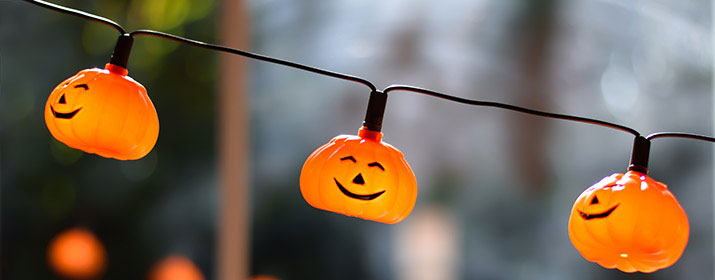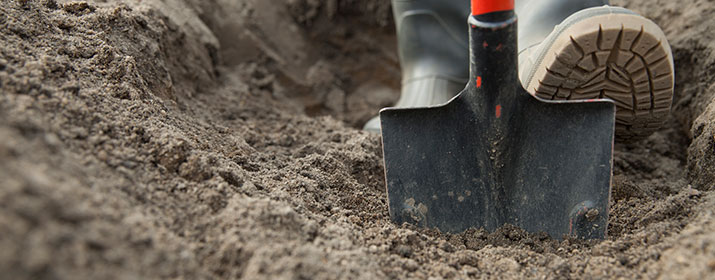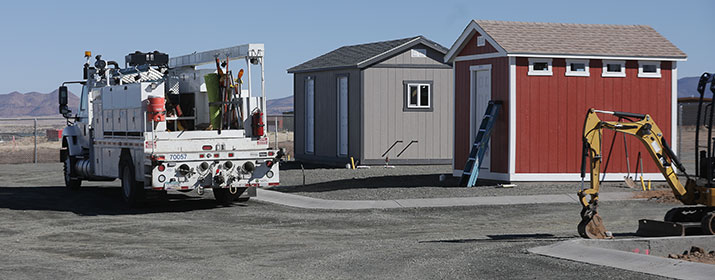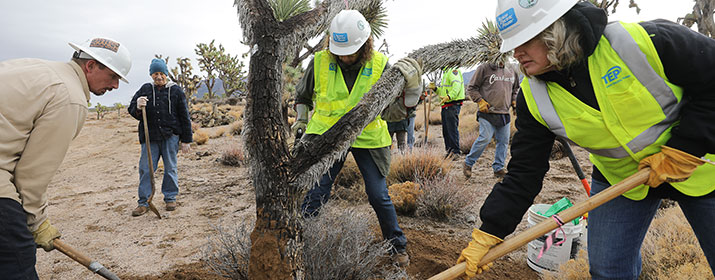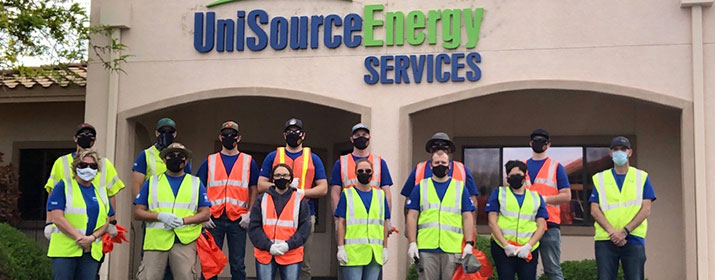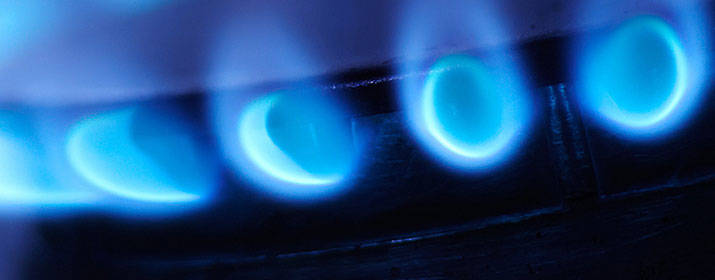
Cooler weather means many of us are spending more time indoors. Since most homes feature appliances, furnaces and fireplaces that use natural gas, now is a good time to review this safety checklist to ensure your family stays safe and comfortable this winter.
Check the flame and pilot light.
Flickering or yellow gas flames on gas appliances can indicate a problem with your appliance. Flames and pilot lights on stovetops, water heaters and furnaces should burn blue.
“More important than yellow flames is to note if you smell natural gas,” said Curtis Asselstine, UniSource Manager of Gas Engineering and Technical Services. “That often means incomplete combustion. A plugged burner can cause a yellow flame, but often an adjustment by a professional is needed.” Sometimes just cleaning the range tops with a mild dish detergent can help.
If a pilot light goes out, wait for any gas that escaped to dissipate before attempting to relight it.
Install carbon monoxide detectors.
Carbon monoxide (CO) is a toxic, colorless and odorless gas produced by incomplete burning of natural gas and other fossil fuels. Make sure gas appliances are properly vented and not blocked by snow or other items to prevent CO from backing up into your home.
“At the start of the heating season, people begin running their furnace again,” Asselstine said. “If it’s not working property, it could produce carbon monoxide. Be sure to have CO detectors in every bedroom of your home and test them annually to make sure they are working. Early detection of CO can save lives.”
Keep meters clear of snow and ice.
Heavy snow or ice around and above the gas meter can damage it. The biggest threat to meters is heavy snow or ice falling on top of the meter. If you have a high overhang above the meter, make sure snow and icicles are removed to prevent them from dropping on the meter. Heavy snow piled around the meter also could damage the meter.
Gently dust away snow from the meter and piping with your hand or a broom or brush. Keeping your meter visible also helps prevent it from being struck by a shovel. Never hit or kick the meter as this could loosen the connection or cause damage.
Have appliances inspected annually.
Gas appliances, such as furnaces, clothes dryers, stoves and water heaters, should be inspected annually for any leaks and proper operation by a qualified professional. This ensures your safety and that the appliances are working efficiently to save energy. And don’t overlook your gas fireplace. It should be cleaned and inspected from top to bottom to ensure adequate ventilation and identify any leaks.
Keep flammables away.
Furnaces and water heaters are usually located in a utility room. Unfortunately, this of often where cleaning items are kept. “Make sure the room is well ventilated and that anything flammable or combustible – such as cleaning products, gas and oil, paper and rags – are stored far enough away from gas appliances so they’re not an ignition source,” cautioned Kristy Rees, UniSource Public Awareness Compliance Specialist.
Call 811 before fall planting.
Autumn is an ideal time for planting trees, shrubs and perennial flowers. If you have fall landscaping projects planned, remember to call 811 at least three days before you dig. Services lines for gas and other utilities will be marked free of charge so that you can dig safely and avoid damaging gas and other lines buried underground.
Report suspected gas leaks immediately.
Because natural gas has no natural odor, color or taste, UniSource adds a distinctive odorant similar to rotten eggs to help customers detect a gas leak.“You can detect a gas leak three ways: smell, sight and sound,” said Rees. “UniSource adds a chemical to the gas to give it a smell like rotten eggs. You might also see dirt blowing up from the ground outside or hear a hissing sound.”
Rees said customers who experience any of these signs of a leak should immediately move upwind and leave the area before calling 911 and then contacting UniSource at 1-877-837-4968. Do not use the phone or a lighter or flip an electrical switch.
“Even though natural gas is a safe, reliable resource, customers need to be aware of these precautions to avoid any potential problems,” Asselstine said. “Doing so can protect their families and our communities.”
For more gas safety information, visit uesaz.com/gas-safety/.

